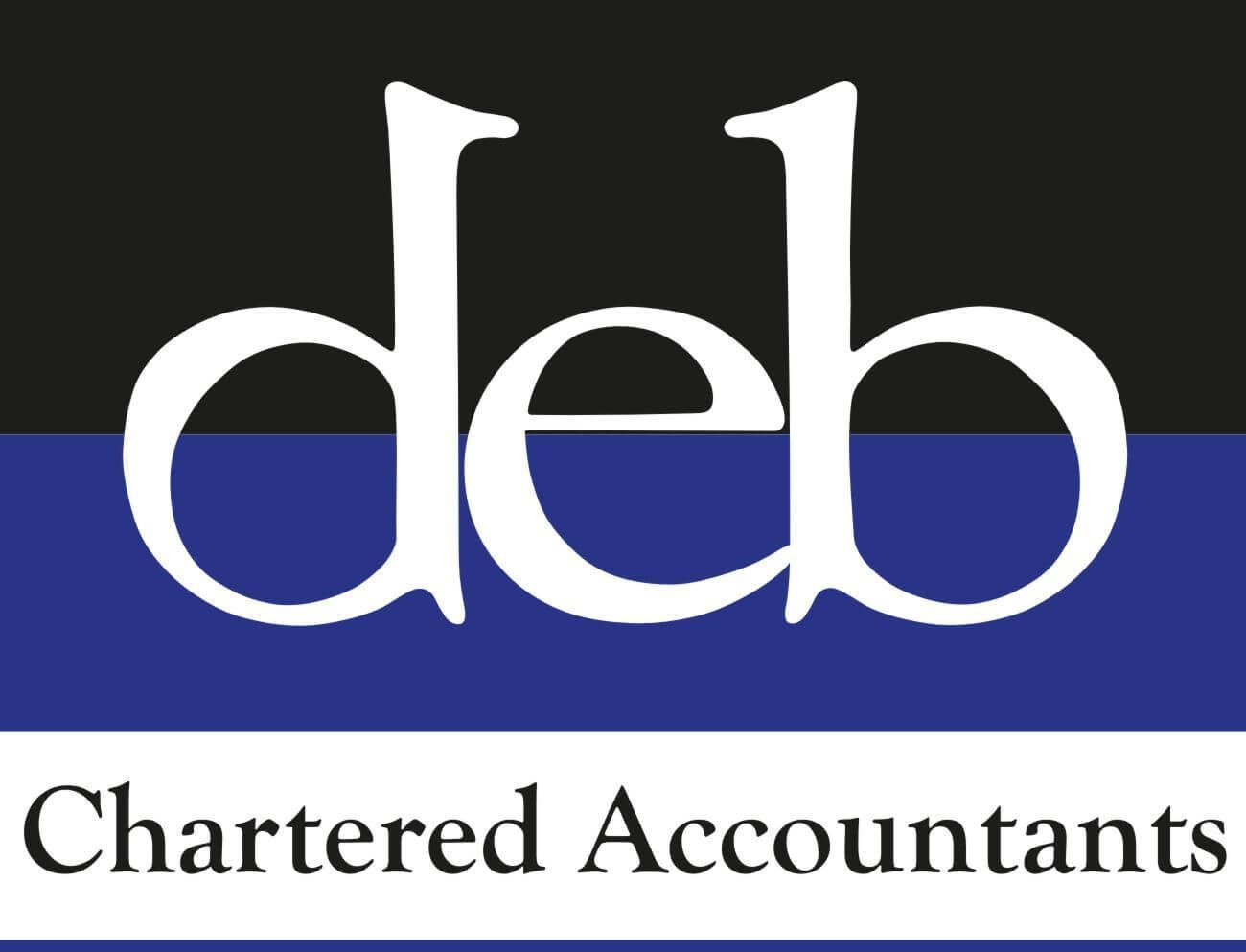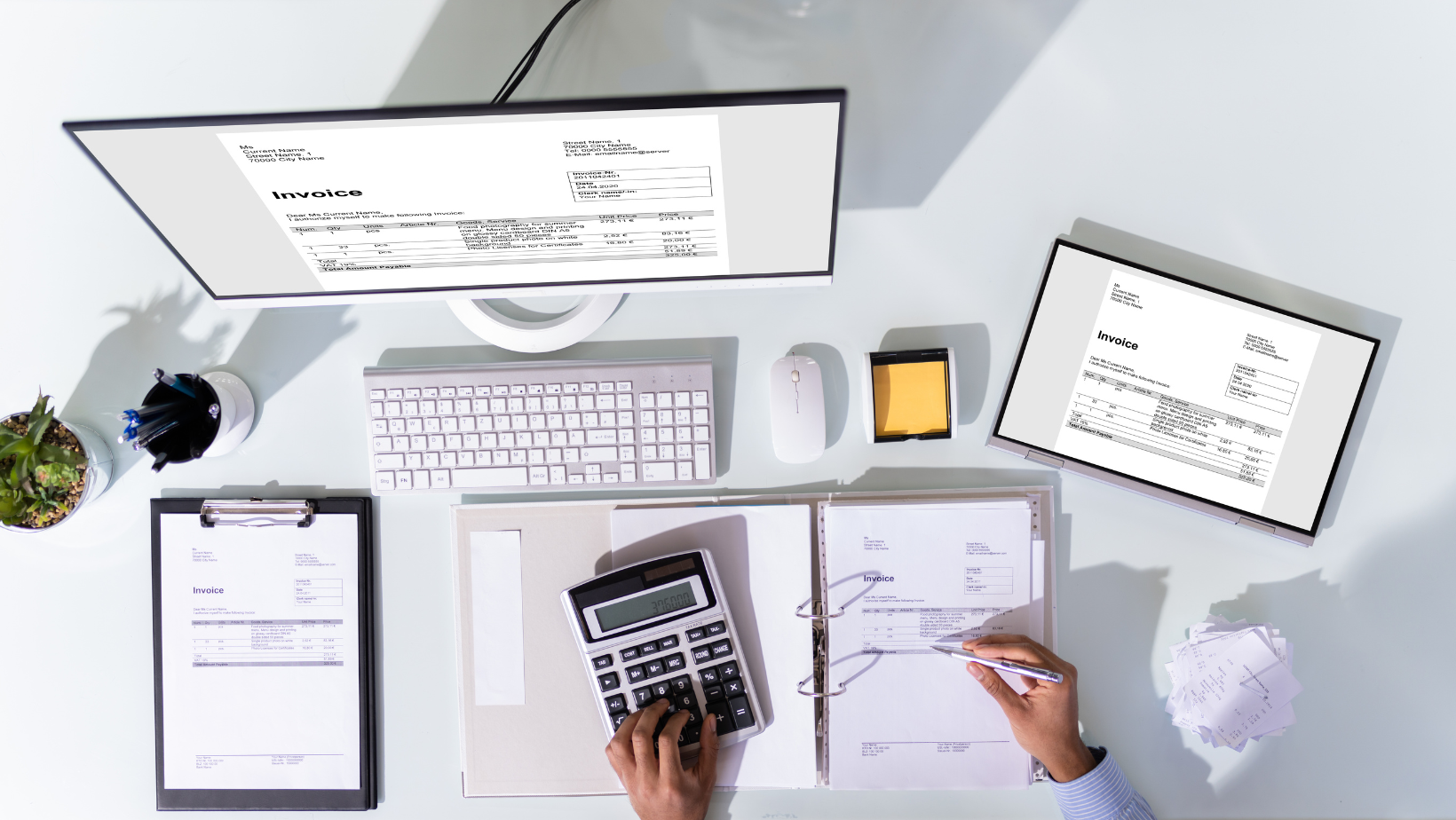How Property Gain Tax Escalated on Property Disposals
A Step-by-Step Guide to Calculating Capital Gains Tax on UK Property for 2024/25

Introduction:
Understanding how to calculate capital gains tax (CGT) on UK residential property is essential for property owners, especially given potential tax rate changes in the upcoming Autumn Budget of 2024. This guide will walk you through the process of determining your CGT liability, covering valuation, allowable costs, and applicable reliefs.
1. Determine the Sale Price
The first step is to determine the property's sale price, either through proceeds from an unconnected party or the market value in cases of connected party sales, such as a family transfer. For connected sales, a professional valuation is recommended to avoid discrepancies with HMRC, which may conduct its own valuation.
2. Deduct Allowable Costs
Allowable costs play a key role in reducing your taxable gain. These include:
- The original purchase price.
- Enhancement expenditures like capital improvements (renovations, expansions) that increase the property’s value.
- Incidental costs of both acquisition and disposal, such as legal fees, surveyor fees, estate agent fees, stamp duty land tax, and more. However, only costs directly related to the disposal are considered.
3. Calculate the Capital Gain
Subtract the allowable costs from the sale price or deemed market value to determine your capital gain. If the calculation results in a gain, this is the amount subject to tax. In contrast, a loss can potentially be offset against other gains.
4. Capital Gains Tax Reliefs
Certain reliefs can reduce or even eliminate the tax due. Notable reliefs include:
- Private Residence Relief (PRR): Applicable if the property has been your main residence.
- Lettings Relief: Available if the property was rented out while it was your principal residence.
(We’ve included a concise overview of the primary reliefs available in our next blog - Click here)
5. Annual Exemption and Capital Gains Tax Rates
The CGT annual exemption (£3,000 for 2024/25) can be deducted from your capital gain, leaving the remaining amount taxable. CGT rates vary depending on your income:
- 18% for basic rate taxpayers on residential property.
- 28% for higher/additional rate taxpayers.
For non-residential assets, CGT is lower (10% and 20%, respectively). Be mindful that if your capital gain pushes you into the higher rate tax bracket, you will pay CGT at both the basic and higher rates.
6. Potential Changes in the Autumn Budget
The Autumn Budget, scheduled for October 30, 2024, may introduce increased CGT rates. Chancellor Rachel Reeves is expected to announce new measures, so property owners should be prepared for any upcoming changes and plan accordingly.
Conclusion:
Calculating capital gains tax on property can be complex, but understanding the key steps—valuation, allowable costs, tax reliefs, and applicable rates—will help you manage your tax obligations more effectively. With the 2024/25 tax year seeing potential changes in CGT, it's crucial to stay informed and consult a tax advisor to ensure compliance and optimize your financial position.
If you need any help or advice relating to Property Gain Tax, please contact us on
01226 245824. Or email
davideb@deb-accountants.co.uk.














